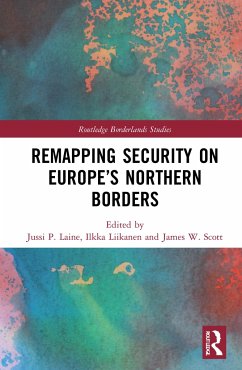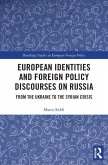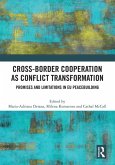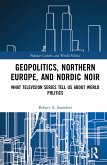This book critically analyses the changing EU-Russian security environment in the wake of the Ukraine crisis, with a particular focus on northern Europe where the EU and the Russian Federation share a common border.
Russian involvement in conflict situations in the EU's immediate neighbourhood has drastically impacted the European security environment, leading to a resurgence of competitive great power relations. The book uses the EU-Russia interface at the borders of Finland and the European North as a prism through which interwoven external and internal security challenges can be explored. Security is considered in the broadest sense of the term, as the authors consider how the security environment is reflected politically, socially and culturally within European societies. The book analyses changing political language and concepts, institutional preparedness, border governance, human security, migration and wider challenges to societal resilience. Ultimately, the book investigates into Finland's preparedness to address new global security challenges and to find solutions to them on an everyday level.
This book will be an important guide for researchers and upper-level students of security, border studies, Russian and European studies, as well as to policy makers looking to develop a wider, contextualized understanding of the challenges to stability and security in different parts of Europe.
Russian involvement in conflict situations in the EU's immediate neighbourhood has drastically impacted the European security environment, leading to a resurgence of competitive great power relations. The book uses the EU-Russia interface at the borders of Finland and the European North as a prism through which interwoven external and internal security challenges can be explored. Security is considered in the broadest sense of the term, as the authors consider how the security environment is reflected politically, socially and culturally within European societies. The book analyses changing political language and concepts, institutional preparedness, border governance, human security, migration and wider challenges to societal resilience. Ultimately, the book investigates into Finland's preparedness to address new global security challenges and to find solutions to them on an everyday level.
This book will be an important guide for researchers and upper-level students of security, border studies, Russian and European studies, as well as to policy makers looking to develop a wider, contextualized understanding of the challenges to stability and security in different parts of Europe.








